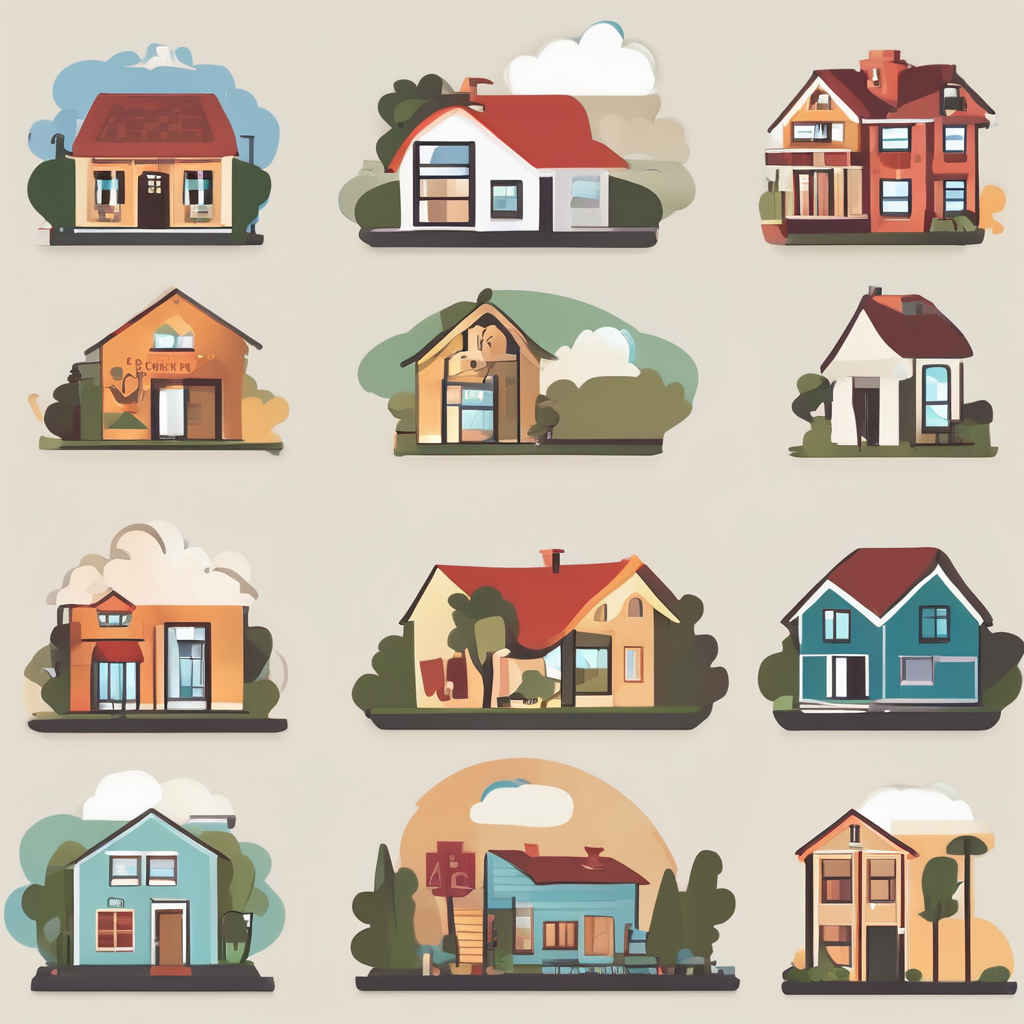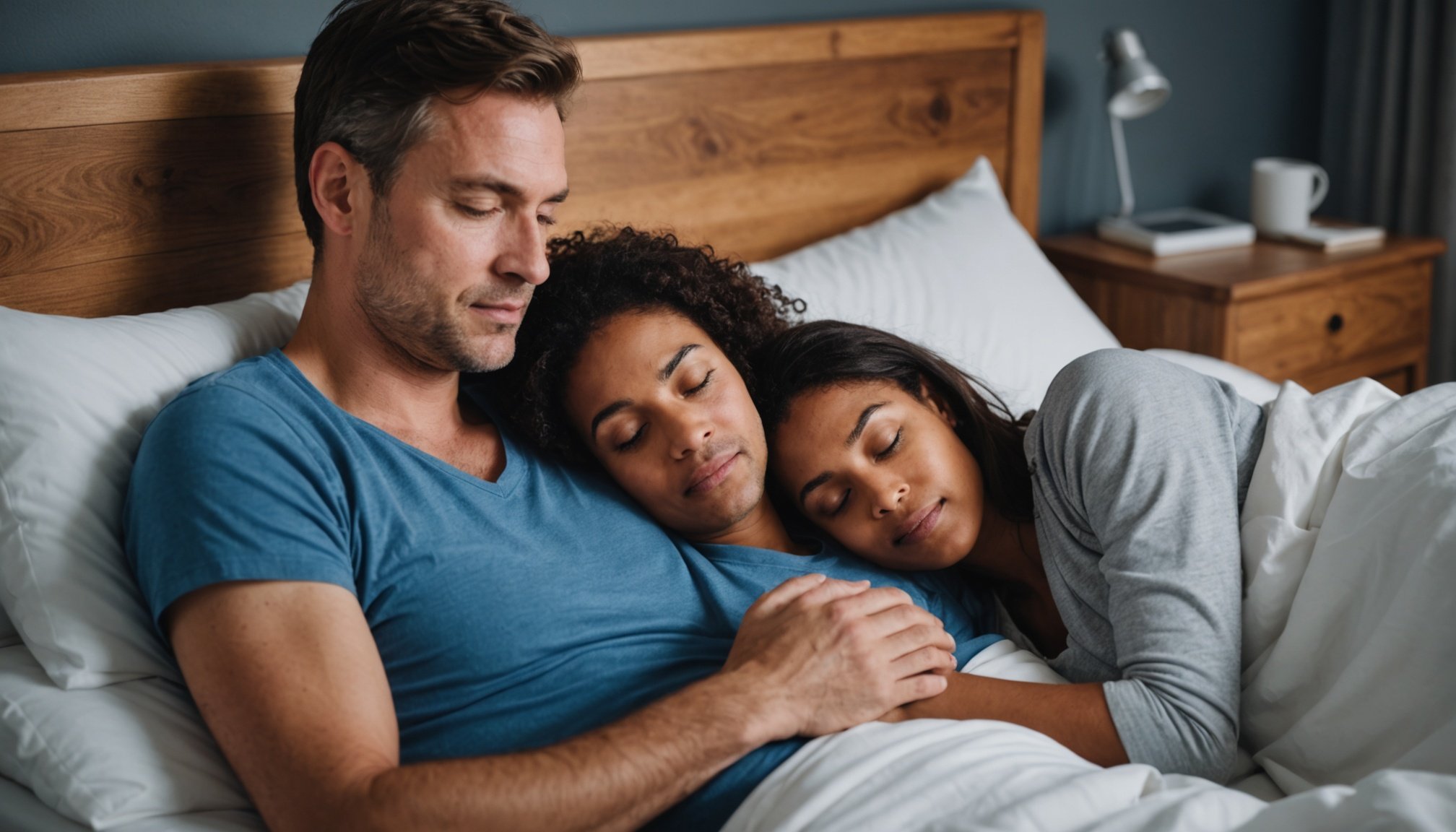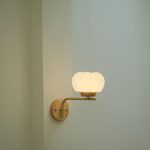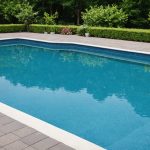Overview of Smart Technology in Sleep Hygiene
Sleep hygiene encompasses habits and practices that contribute to quality sleep. In the UK, sleep solutions are increasingly incorporating smart sleep technology to address the widespread challenge of sleep deprivation.
Many UK families face sleepless nights, with statistics indicating that nearly a third experience trouble maintaining consistent sleep patterns. This rising concern has paved the way for innovations tailored specifically for improving sleep hygiene.
Also read : Illuminate your home with stunning wall light options
Smart sleep technology provides diverse solutions ranging from sleep trackers and smart mattresses to sophisticated apps. These technologies monitor and analyse sleep patterns, offering personalised insights. Such insights enable individuals to make informed adjustments to their environments or habits. A common feature includes monitoring sleep stages, offering data that can be pivotal for improving overall sleep quality.
Moreover, integrating smart sleep technology into one’s routine can assist in addressing prevalent sleep issues. Notably, tools like sound machines and smart lighting adjustments have gained popularity for their practicality in enhancing sleep environments.
In parallel : Transforming Tap Water: A Guide for UK Residents to Enhance Water Quality with Home Filtration Systems in Hard Water Zones
For those seeking to refine their sleep hygiene without disrupting their daily schedule, smart sleep technology serves as an invaluable ally. Employing these technologically savvy but accessible solutions can lead to noticeable improvements in sleep quality, thus aiding in the establishment of healthier sleep routines for a more rested family life.
Types of Smart Sleep Technologies
Exploring the realm of smart sleep technologies unveils a multitude of options designed to enhance your nightly rest. Various devices and solutions offer unique benefits for improving sleep quality, including Sleep Trackers, White Noise Machines, and Smart Lighting.
Sleep Trackers
Sleep trackers play a pivotal role in helping individuals monitor their sleep patterns, providing insights to improve sleep hygiene. These devices meticulously collect data, tracking metrics such as sleep duration, quality, and disturbances. Top sleep tracking devices in the UK market include wearable gadgets and under-mattress sensors, which provide extensive data for analysis. Understanding the tracked data is crucial. Metrics such as REM cycles, time spent in each sleep stage, and overall efficiency can indicate underlying sleep issues needing addressing. Enhanced awareness promotes better adjustments to routines, leading to improved sleep outcomes.
White Noise Machines
White noise machines have become a staple for those seeking to enhance sleep quality through consistent soundscapes. The impact of white noise on sleep cannot be overstated; it masks disruptive sounds, allowing for uninterrupted slumber. These machines are especially beneficial in family homes, where customisation options offer tailored sound experiences. Settings range from rain to fan sounds, catering to diverse preferences, and creating a soothing sleep environment.
Smart Lighting
The relationship between smart lighting and circadian rhythms is profound, dictating how effectively one falls asleep and wakes up. Light exposure significantly affects melatonin production, a hormone regulating sleep cycles. Implementing smart lighting solutions in bedrooms, such as adjustable colour temperature lights, can enhance sleep hygiene. Strategies include dimming lights in the evening and simulating natural dawn to align the body’s natural clock with environmental cues.
Implementing Smart Technologies for Better Sleep
Incorporating smart technology into your bedtime routine can transform your sleep experience. To successfully implement sleep technology integration, begin by identifying which smart home devices best fit your needs. For instance, smart light bulbs can dim gradually to signal your body that it’s time to rest. Additionally, smart thermostats adjust temperatures automatically to create an ideal sleep environment.
Family sleep tips are essential, especially in households with varying bedtime routines. Consider setting up a shared schedule that synchronises smart home devices, like setting consistent bedtimes with reminders from a smart assistant. For children, white noise machines or calming music from connected speakers can help create a soothing atmosphere, promoting better sleep patterns.
While integrating technology, it is crucial to balance its use with traditional sleep habits. Excessive screen time before bed can disrupt sleep cycles, so make a conscious effort to power down devices at least an hour before bedtime. Instead, rely on devices that do not emit blue light, such as reading lamps that connect to smart home systems without disturbing your body’s natural rhythm.
Implementing these steps can optimise your sleep environment, making it conducive to rest and relaxation. Embrace the possibilities of technology, while maintaining healthy habits, to ensure technology supports and enhances restful sleep.
Potential Benefits and Drawbacks
Utilising smart technology for sleep can offer significant Sleep Improvement Benefits. Devices such as sleep trackers provide insights into your sleep patterns, helping to identify disruptions and improve overall sleep quality. By monitoring sleep stages, they can suggest personalised adjustments to enhance restfulness, contributing positively to wellness.
However, there are Tech Drawbacks to consider. Over-reliance on technology might lead to increased anxiety about sleep data, which can ironically affect sleep quality. Additionally, exposure to light emitted from tech devices may disrupt circadian rhythms if not properly managed, highlighting the need for cautious use.
When integrating technology into your nighttime routine, Wellness Considerations are paramount. Safety guidelines recommend limiting screen time before bed and using devices with blue light filters to mitigate negative impacts on sleep. Ensuring that devices are used in a way that promotes relaxation rather than stress is crucial.
- Positive outcomes: Enhanced sleep quality through data-driven adjustments
- Potential negatives: Anxiety over data, interference with natural sleep cycles
- Safety tips: Limit screen time, utilise blue light filters, focus on relaxation
Balancing the benefits of technology with mindfulness and responsible use is key to achieving a restful sleep environment.
Local Considerations for UK Families
Navigating the UK Market Products for sleep solutions can be a unique experience. In the UK, a variety of sleep tech retailers provide families with numerous options to improve their sleep quality. High street stores such as John Lewis and Argos offer easy access to sleep gadgets, ensuring that customers can physically assess the products before purchasing.
Online shopping, however, broadens the spectrum of local availability. Platforms like Amazon UK provide families not just convenience but an extensive variety of Family Sleep Solutions that might not be available in nearby stores. The competition between online and store availability means attractive prices and more choices for consumers.
Additionally, communities in the UK often have resources to support sleep improvement, from local sleep clinics to parenting groups focused on better sleep routines. Such community resources can be an invaluable part of creating a healthier sleep environment for the family.
When considering your options, ensure that you look into the availability of sleep solutions both in-store and online. Evaluating these resources can make a significant difference in finding the right product to support your sleep needs. As UK retailers continue to innovate and expand their offerings, there’s potential for families to discover new ways to enjoy restful nights.











